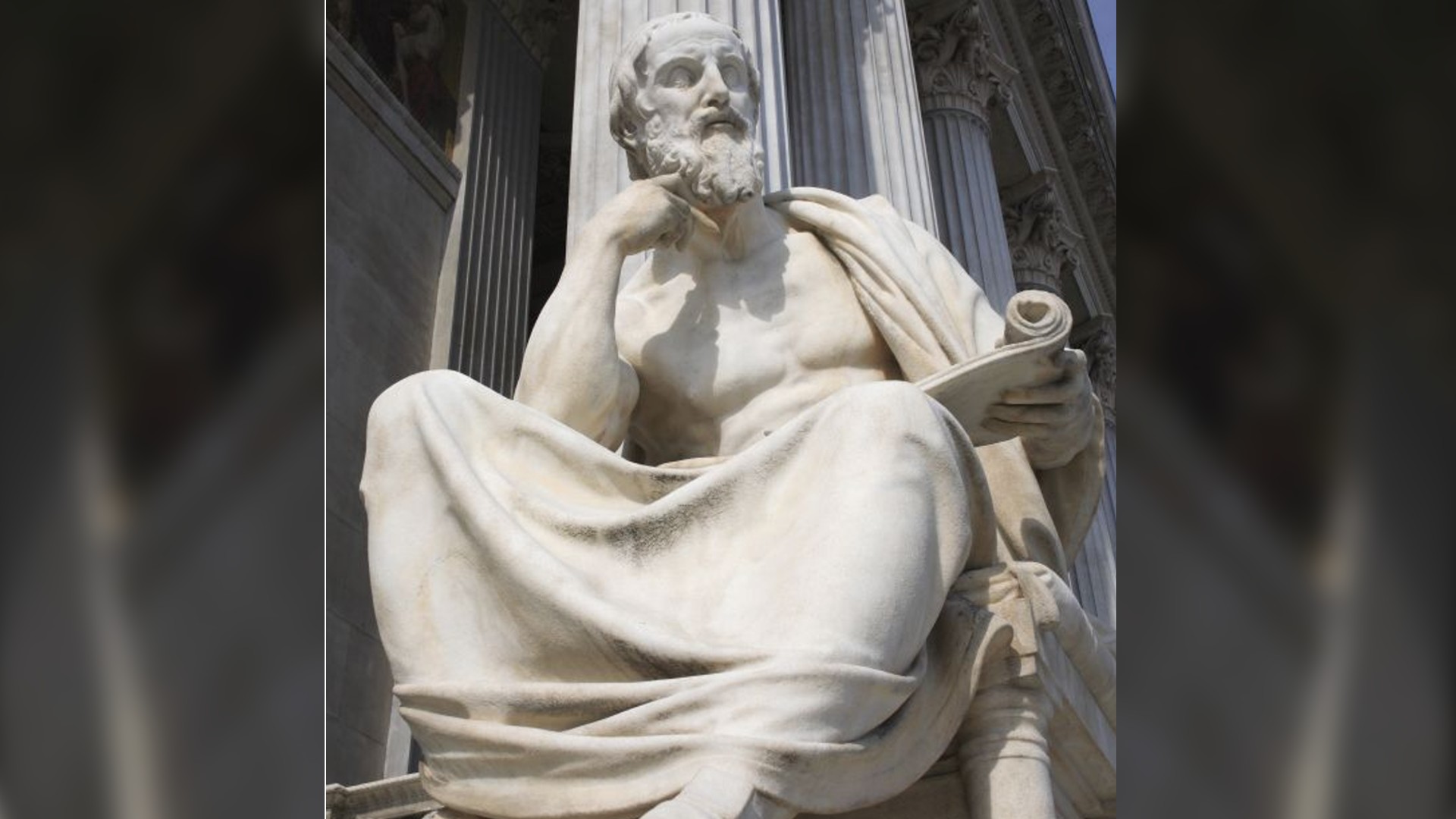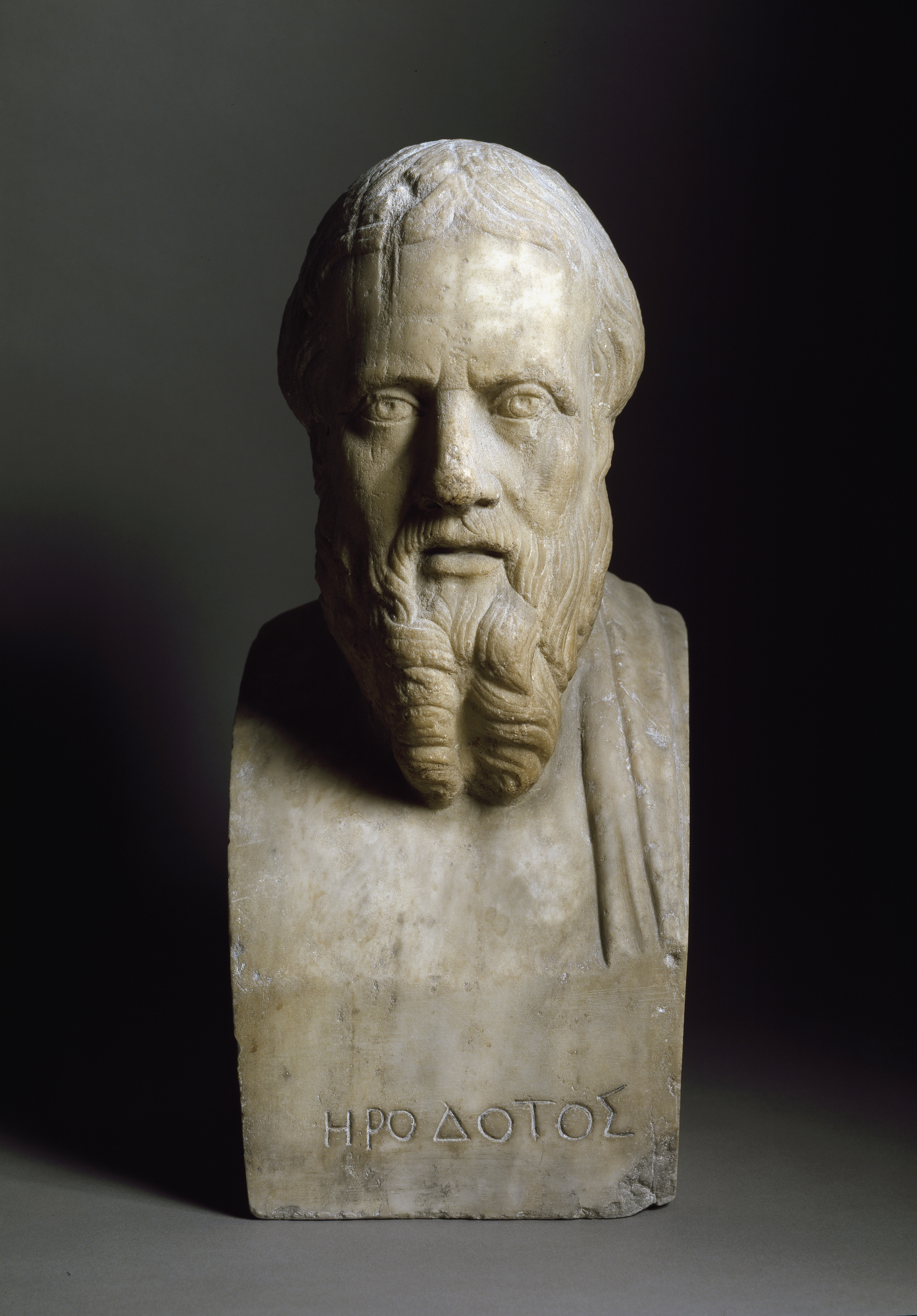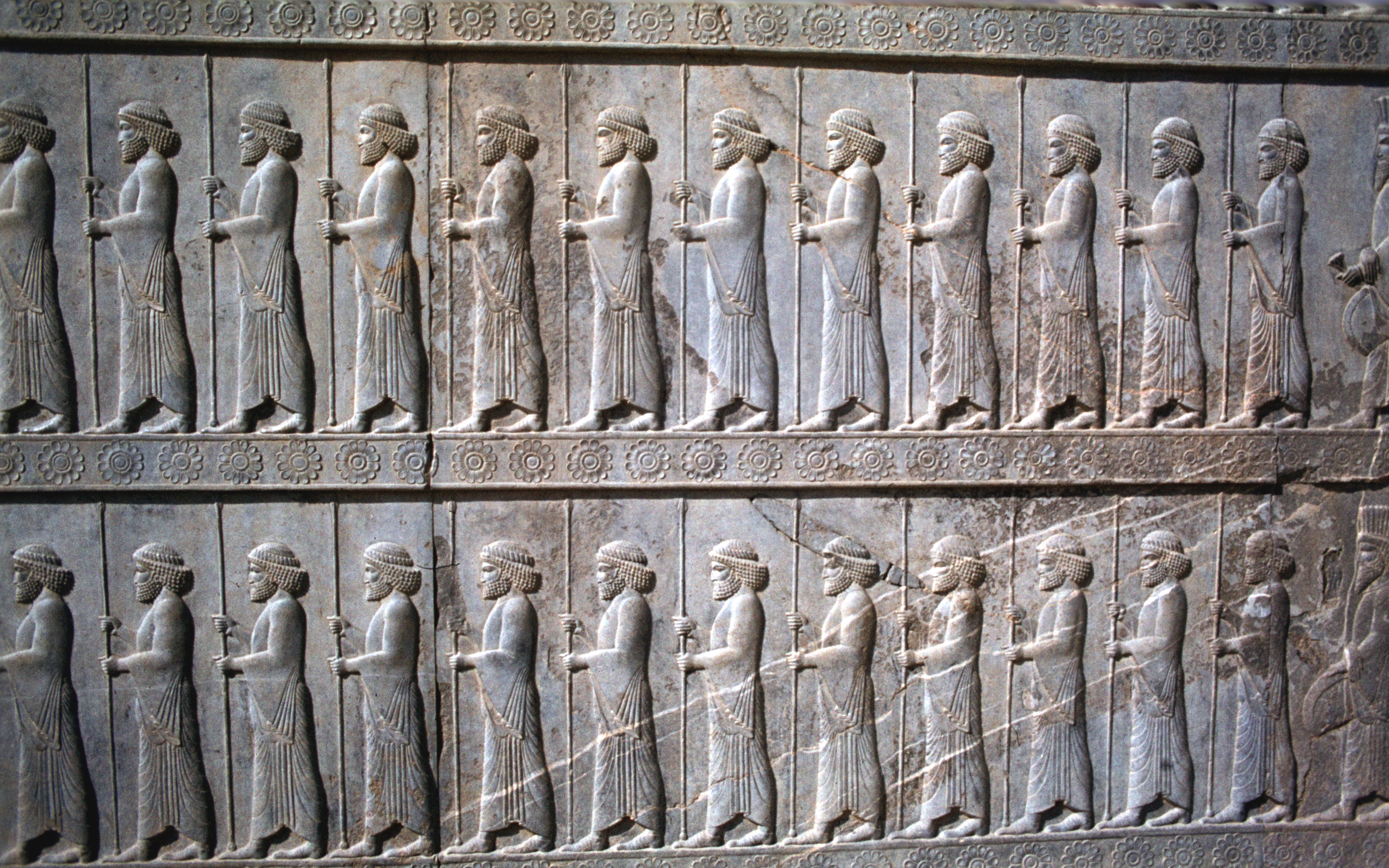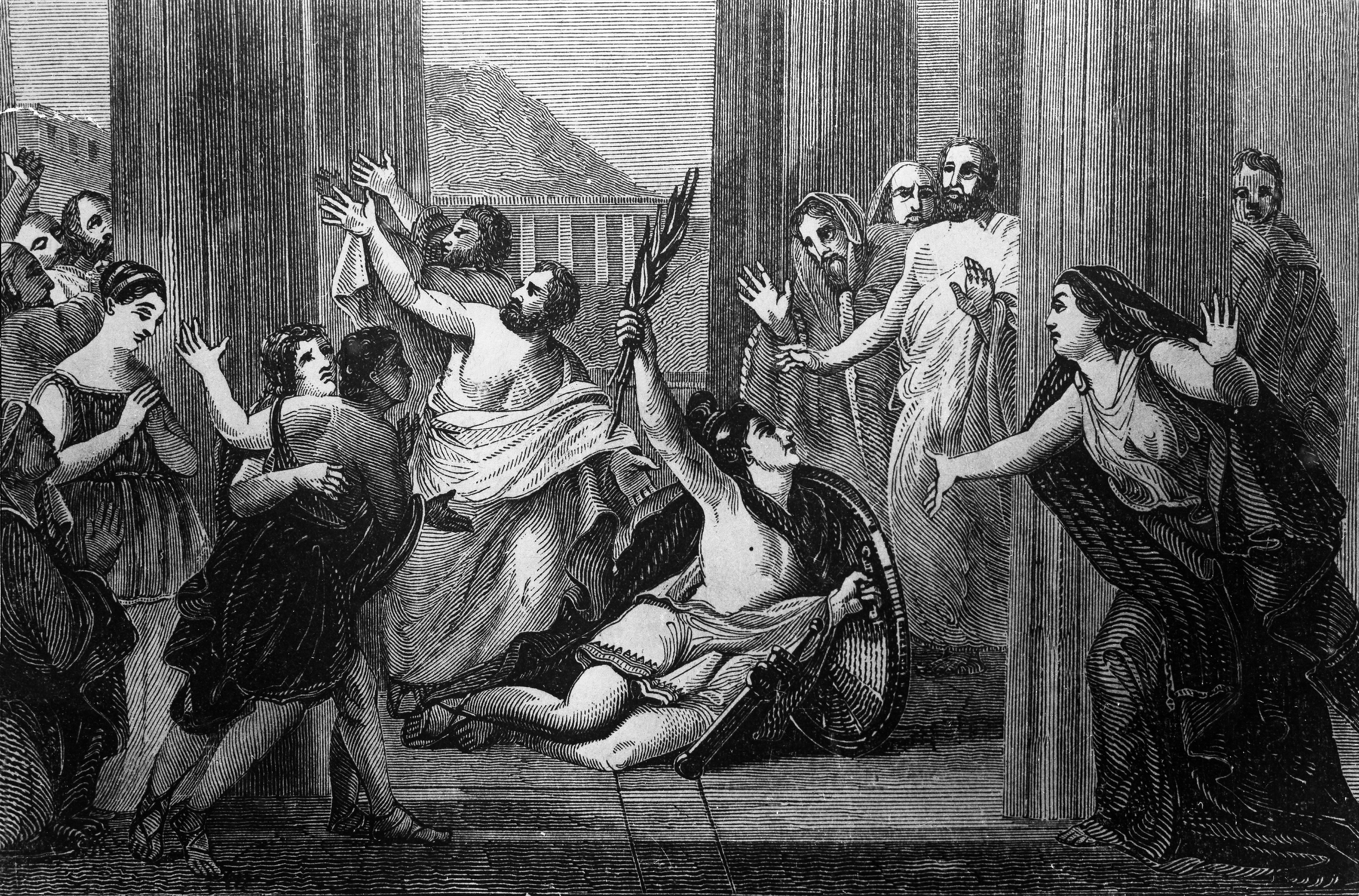Who was Herodotus?
Herodotus is known as the "father of history."

Herodotus was an ancient Greek historian born around 484 B.C. He was from the city of Halicarnassus (now Bodrum, Turkey) in Caria, a region in southwestern Asia Minor (modern-day Turkey). While much about his life is unknown, we do know a little about his origins and how he became known as the "father of history" who inspired a new discipline and generations of historians.
Where was Herodotus from?
Although Halicarnassus was founded by the ancient Greeks, Caria was separate from the Greek city-states, with its own dialect, culture and governance. Herodotus may have had some Carian ancestry as well as Greek, according to Christopher Baron, a professor of classics at the University of Notre Dame. "Perhaps this mixed heritage was one of the things that inspired his curiosity about the world," Baron told All About History magazine in an email.
Herodotus later made his home at Thurii, a Greek city in southern Italy, and died there sometime in the 420s B.C.
Why did Herodotus write "Histories"?
Herodotus wrote "Histories" in the second half of the fifth century B.C., according to the British Library. It is the world's first known historical narrative, which describes several historical events, including the Ionian Revolt (499 B.C.), as well as the nomadic Scythian horsemen from Eurasia.
At the beginning of the nine-book series, Herodotus wrote, "This is the display of the inquiry of Herodotus of Halicarnassus, so that things done by man not be forgotten in time, and that great and marvelous deeds, some displayed by the Hellenes, some by the barbarians, not lose their glory," (translation by A. D. Godley, through perseus.tufts.edu). In addition, he wrote that he wanted to explain why the Greeks and the Persians went to war between 490 B.C. and 479 B.C. However, "Histories" details many other topics alongside this narrative.
Related: Ancient Greeks may have built 'disability ramps' on some temples
The word Herodotus used to describe his work was "historia," which, in time, came to mean history as we understand it today. "Herodotus investigates the causes of past events and offers a narrative of them," Baron said. "However, Herodotus was interested in much more than just political and military narrative. He gives lengthy descriptions of the social and religious customs of other peoples ("ethnography"), of man-made wonders (for instance, the walls of Babylon and the pyramids in Egypt) and of the natural world (the causes of the annual flooding of the Nile)."
Get the world’s most fascinating discoveries delivered straight to your inbox.
Herodotus does not claim to be a firsthand witness to any great event he describes. He traveled across the known world, speaking with the local people he encountered and asking many questions wherever he went. This is how he obtained the various accounts that he would include in "Histories."
Can Herodotus be trusted?
Both ancient and modern critics claim that Herodotus' reporting is unreliable. The ancient geographer Strabo (63 B.C.-A.D. 23) complained that there is "much nonsense in Herodotus," according to historian Will Durant's book "The Life of Greece" (Simon & Schuster, 2011). In addition, while the Roman politician and orator Marcus Tullius Cicero (106 B.C.-43 B.C.) named Herodotus the "father of history," Cicero also said there were many tall tales in his work.
Related: Did Herodotus lie about famous Greek battle against Carthage?
"There are plenty of things in Herodotus' writing that we can pretty certainly say are not true, and there are many stories that today we would classify as legendary or mythical," Baron said. While it is true that Herodotus' methods of recording history are different from modern historians', this does not necessarily make him a liar. He was impartial in his collection of facts and stories, and made great efforts to acquire them from different sources. "The notion that Herodotus deliberately told lies is based on a misunderstanding of his approach and objectives. He was interested in the truth, but he also recognized how complicated it could be," Baron said.
Herodotus' place in history
One notable feature of Herodotus' writing is that it explores many different stories away from the main subject of "Histories." "Reading Herodotus requires patience," Baron said. "Some readers feel like he takes too long to get to the point. But most scholars today would agree that those frequent digressions do have a point, in that all that background information helps explain what happened (in addition to being highly entertaining)."
Much of Herodotus' writing about the Greek and Persian wars is dramatic and engaging. Some of the more famous stories in "Histories" include the running Athenian hoplites at the Battle of Marathon (490 B.C.) and the last stand of the Spartans at the Battle of Thermopylae (480 B.C.). Herodotus' records are the earliest accounts of these events.
Related: Helmet worn by soldier in the Greek-Persian wars discovered
So does Herodotus really deserve the title "father of history"? "Much of his material would not usually be considered history now. But it's also important to remember that there was no genre called "history" before Herodotus wrote," Baron said. "I think that in setting himself the basic task of explaining and remembering past events, he can fairly be considered the first historian."
Baron thinks Herodotus remains relevant in the 21st century. "Herodotus' open-mindedness can still serve as an example for historians (and everyone) today, in two ways: his broad view of what history should contain and his willingness to evaluate foreign cultures on their own terms," he said.
Additional resources
• Read Herodotus' "The Histories," translated by ancient history expert Tom Holland.
• Watch this Ted-Ed video explaining why Herodotus is called the "father of history," presented by Mark Robinson.
• Learn more about ancient Greek historians in this lecture transcript from the late historian and University of Cambridge professor J. B. Bury.
All About History is the only history magazine that is as entertaining as it is educational. Bringing History to life for readers of all ages.
 Live Science Plus
Live Science Plus









